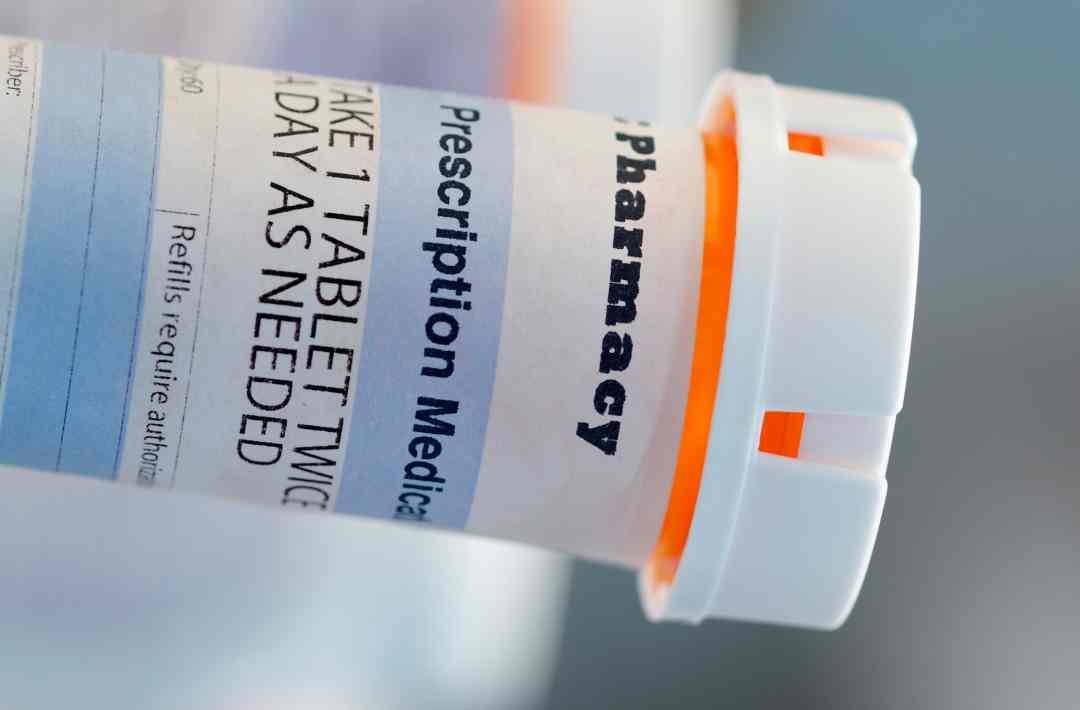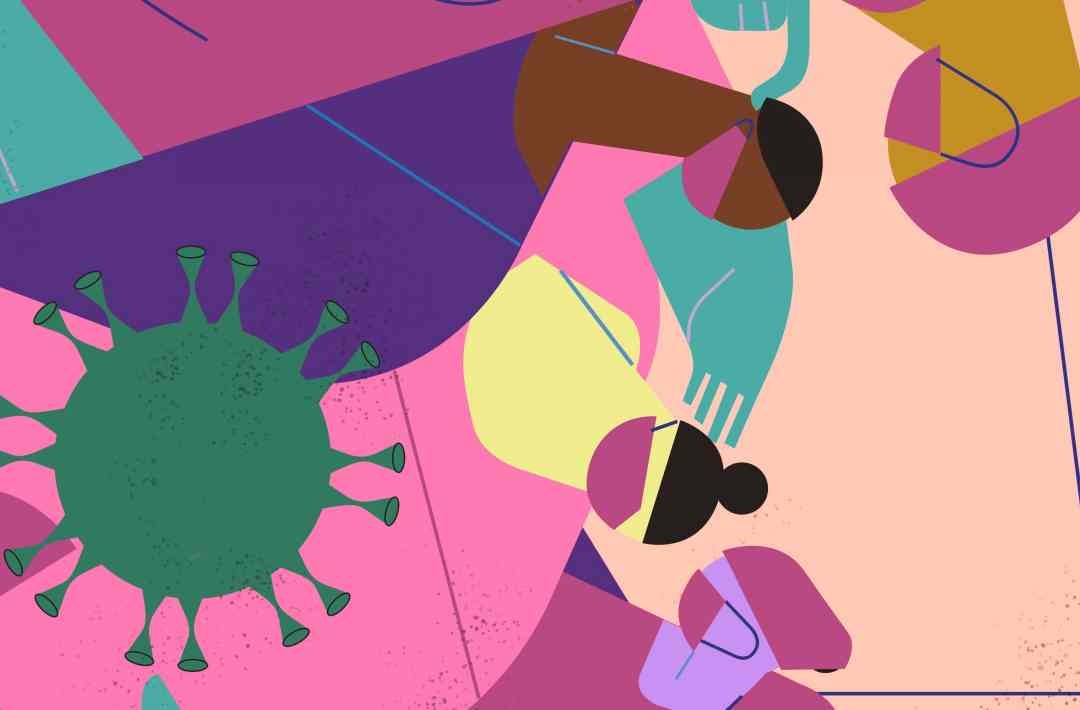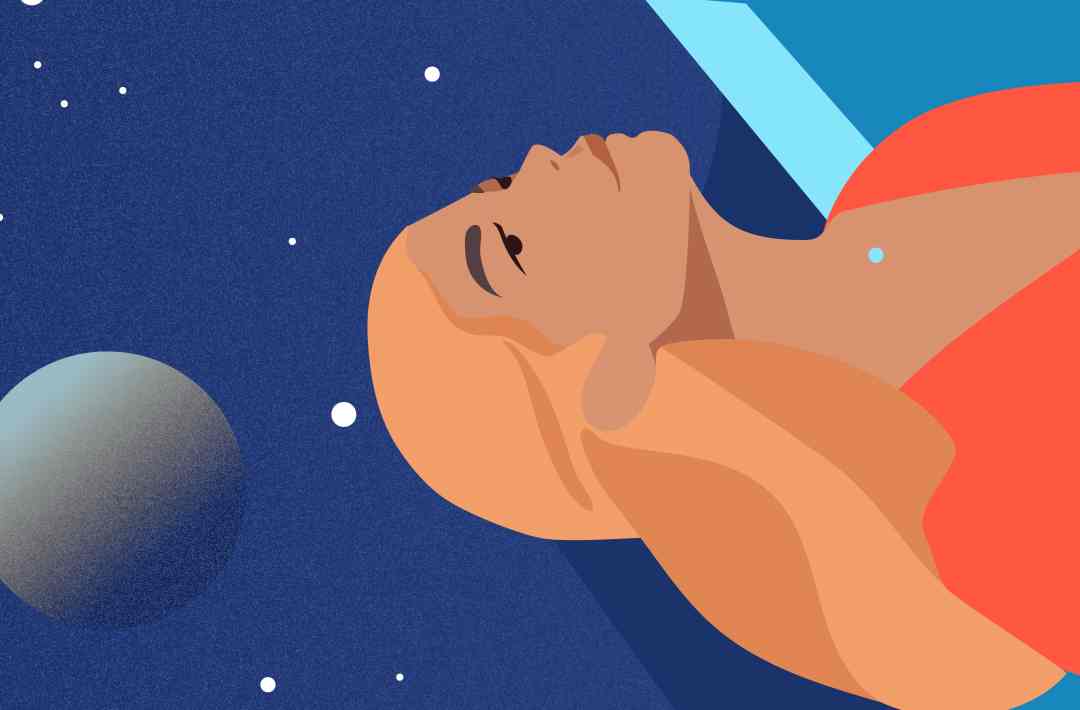

The shortage of an anxiety medication sounds like some sort of cruel joke. But it’s a very real situation for people who take buspirone because a shortage of the prescription drug has been going on since November, as The New York Times reported last week. And currently at least five manufacturers of the generic drug are short-stocked, according to the U.S. Food and Drug Administration (FDA).
The cause, severity, and estimated length of the shortage varies from company to company, based on the information available on the FDA drug shortages database. For example, some companies are out of the product in every dosage amount and pill count, while others still have a few varieties available. Some have enough product in stock to support current demand, but not additional customers. And while several manufacturers expect to resolve the issue as soon as this month, others simply list the estimated resupply date as TBD.
A spokesperson for the FDA confirmed to SELF that the agency is continuing to work with manufacturers on availability. But in the meantime, here’s what you need to know about the shortage—including how serious it is, why it’s happening, and what to do if you’re affected.
Buspirone is the only anti-anxiety medication of its kind.
Although buspirone is not a commonly used drug, “It occupies a special place in psychopharmacology because of its unique nature,” James W. Murrough, M.D., Ph.D., director of the Mood and Anxiety Disorders Program and associate professor of psychiatry and neuroscience at the Icahn School of Medicine at Mount Sinai, tells SELF. “It’s a very important piece of what we can offer patients who have anxiety.”
The oral tablet is typically prescribed as a second-line treatment for generalized anxiety disorder and usually taken two to three times a day, Dr. Murrough says, and it can also be used for conditions such as social anxiety disorder or panic disorder. (It may also be used to treat PMS symptoms, according to the U.S. National Library of Medicine.)
Doctors will typically turn to buspirone if a patient has tried at least one or two antidepressants, like an SSRI, and experienced serious side effects (e.g. sexual dysfunction) or hasn’t seen significant improvement, according to Dr. Murrough. And because buspirone does not come with the sedative side effects or dependence-forming properties of benzodiazepines (another class of anti-anxiety medications), it’s a better option for people with a history of addiction or who also take an opioid, Dr. Murrough explains.
Buspirone may also simply work better than an SSRI for some individuals due to its unique mechanism. Dr. Murrough explains that the drug acts on one specific serotonin receptor, as a serotonin 1A receptor agonist, and there are no other drugs that work by the same mechanism. (With SSRIs, in comparison, there are many different drug options that all work in a similar way to boost levels of serotonin in the brain.)
So, a shortage like this puts health care providers and their patients in a precarious situation, given that it’s not easy to substitute another anti-anxiety drug for buspirone.
The reasons behind the current buspirone shortage are complex and not totally clear.
Although manufacturers are required by law to report shortages to the FDA, the information made available to the public can be vague, Michael Ganio, Pharm.D., M.S., director of pharmacy practice and quality at the American Society of Health-System Pharmacists (ASHP), tells SELF. “Unfortunately, it’s hard to pinpoint in most cases what the exact cause of the shortage is,” Ganio says. Four of the six manufacturers cite an increase in demand as the reason at least some of their products are out of stock.
One major buspirone maker, Mylan Pharmaceuticals, has listed “demand increase for the drug” or “other” as the reason for their product shortages. But the company also tells SELF in a statement that they are experiencing supply interruptions affecting a number of products, including buspirone and other psychiatric medications, “as part of the ongoing restructuring and remediation activities” at their plant in Morgantown, West Virginia.
That restructuring and remediation is related to an FDA warning letter sent to Mylan on November 9, 2018, which summarized “significant violations of current good manufacturing practice (CGMP) regulations for finished pharmaceuticals” discovered during inspections of the Morgantown facility conducted in March and April 2018. The numerous violations include a “cleaning validation and verification program for manufacturing equipment” that “is inadequate to prevent cross contamination,” the warning letter said.
Mylan tells SELF in a statement, “We understand the burden this puts on our customers and the patients we serve. We encourage patients to check the FDA drug shortage database to confirm the latest supply status and the availability of comparable products made by other manufacturers.” (You can read Mylan’s initial response to the letter here.)
The FDA also lists one of the previous suppliers of buspirone, Impax Laboratories, as having made a “business-related decision” to discontinue the drug in August 2017. (Ganio says it is relatively common for the manufacturers of older generic medications like buspirone to stop making the drug based on a low-profit margin, putting more strain on the remaining manufacturers and makes the system more vulnerable to shortages.)
Not all patients who take buspirone will feel the impact of the shortage.
“Hospitals and pharmacies have become very good at managing the frontline effects of these shortages so that providers and patients may not even notice them,” Ganio says. For example, Dr. Murrough has not heard from any of his patients on the medication that they are having trouble obtaining it for the time being.
If you are concerned, the first thing you should do is get in touch with your local pharmacy, Ganio says. A pharmacy experiencing a shortage of a drug should get in touch with all of their customers on that drug as soon as they become aware of the problem, Ganio says, so it’s likely you will have some sort of warning (as opposed to being surprised on the spot when you go to pick up your next refill).
Most Popular
- 5 Less Obvious Signs of Seasonal Depression You Should Definitely Pay Attention To
By Maggie O’Neill
- 42 Creative Valentine’s Day Gifts for Guys
By Sarah Madaus
- Just Some Fun Sex Toys You and Your Partner Will Love
By Gabrielle Kassel
But if you’d prefer to err on the side of caution—or just maintain your peace of mind—you can call and ask them if there are any indications that they will run out of stock of the medication in the near future, and how much lead time they would be able to provide if there is any chance they will be directly affected by the shortage, Dr. Murrough says.
The next step is to get in touch with your prescribing doctor, who can help you prepare for an upcoming shortage or create a contingency plan. “Having that conversation preemptively is probably the best thing to do,” Dr. Murrough says. (Mylan offers similar guidance in their statement to SELF: “We encourage patients to consult with their physician regarding alternate therapies.” So does the FDA: “Patients experiencing difficulty finding buspirone should contact their health care providers.”)
If needed, your psychiatrist can work with you to figure out the best plan B.
Of course, being denied your current treatment is less than ideal, Dr. Murrough concedes—but you do have options. “There are quite a few specific medication options that would be reasonable to try for most patients with anxiety,” Dr. Murrough notes.
The next best treatment for most people would be an antidepressant or a low dose of a benzodiazepine. If you tried antidepressants before and decided to switch to buspirone because they didn’t manage your symptoms well enough or came with unpleasant side effects, there is likely a multitude of other antidepressants that may be more effective or tolerable for you, Dr. Murrough says. And if you’re concerned about taking benzos, Dr. Murrough says that, barring a history of addiction, most patients will probably fare just fine with a low dose in the short term.
If you are given lead time, you and your doctor can plan a cross-taper, meaning you gradually cut the dose of the buspirone while incrementally introducing the other drug. The length of the cross-taper depends on factors like the dosage you’re taking, the frequency at which you’re taking it, and how many pills you have left before you run out. In any case, you can make appointments to check in with your doctor in the days and weeks after making the switch.
And if you feel like you want any additional help managing your anxiety while the medication component of your treatment plan is in flux, then you might consider stepping up the other parts of your overall strategy, Dr. Murrough says. For example, you could try to see your therapist twice a week (if time and money allow) instead of once, or make a plan to call them if you’re feeling overwhelmed.
















